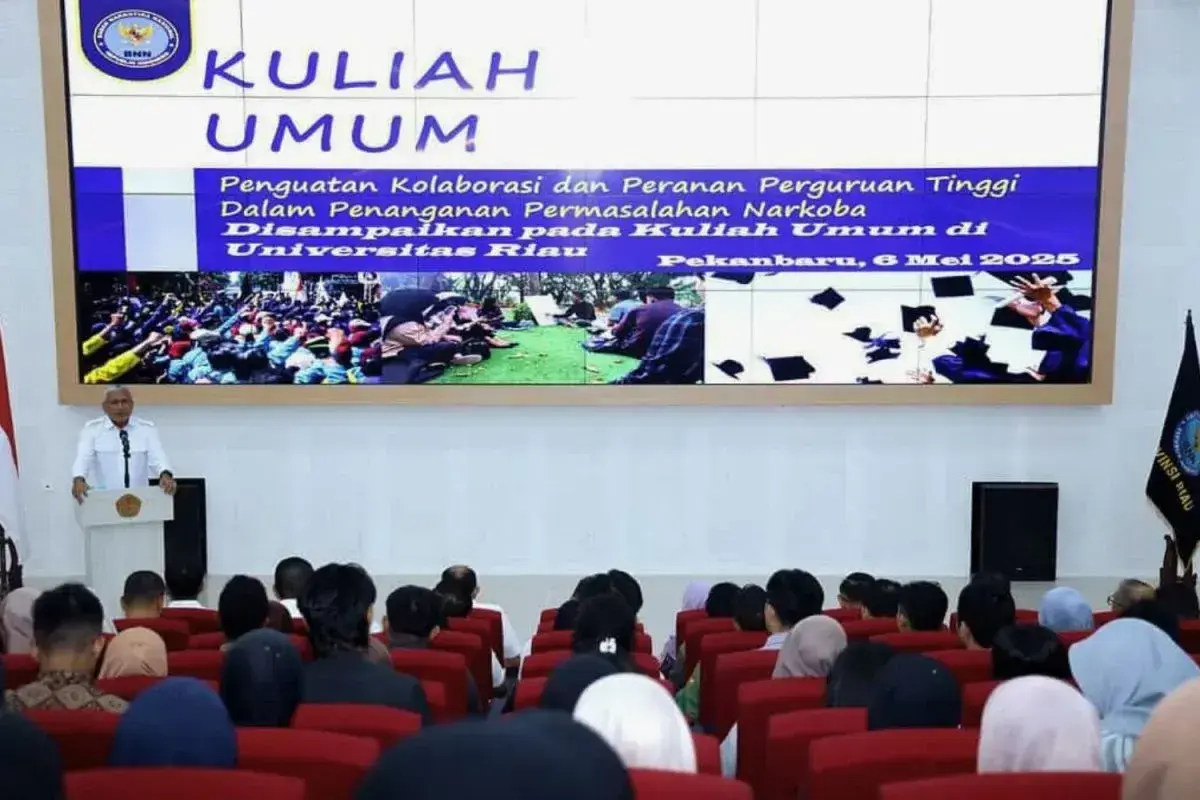inp.polri.go.id - Jakarta. Head of the National Narcotics Agency (BNN) Marthinus Hukom said that coastal and border areas are areas in Indonesia that are vulnerable to drugs infiltration.
While giving a public lecture at the University of Riau (UNRI), Pekanbaru, Riau, he said that Indonesia has 17,380 islands and 99,083 coastlines which are loopholes for international drug syndicate networks to carry out smuggling.
"The vulnerability of coastal and border areas to drugs is partly due to the similarity of cultural cultures. Unlike physical territorial areas that have imaginary boundaries, this is not the case with culture," said Commissioner General of Police Marthinus, as confirmed in Jakarta, Monday.
In relation to this, he explained that there are at least three patterns of relationships that form a culture in society and are then exploited by drug dealers. The three patterns are patron client, mutual symbiosis, and core-shell relationships.
Seeing this phenomenon, the Head of BNN invited the entire academic community to play an active role in efforts to Prevent and Eradicate Drug Abuse and Illicit Trafficking (P4GN) through the Tri Dharma of Higher Education, especially in the fields of research and community service.
Moreover, currently there are more than 296 million people in the world trapped in the trap of drugs. Likewise with Indonesia, based on research in 2023, the prevalence rate of drug abuse in Indonesia is known to have reached 1.73 percent or equivalent to 3.3 million people.
"I hope that students can become an extension of BNN by going down to the community to provide education related to drugs and become part of the solution with various research based on social sciences," he said.
The public lecture containing a number of important materials and information about drugs took place in the Integrated Classroom building, UNRI Campus, Pekanbaru, Riau, which was given to 250 students and UNRI academics.
(ad/inp/pr/nm)








